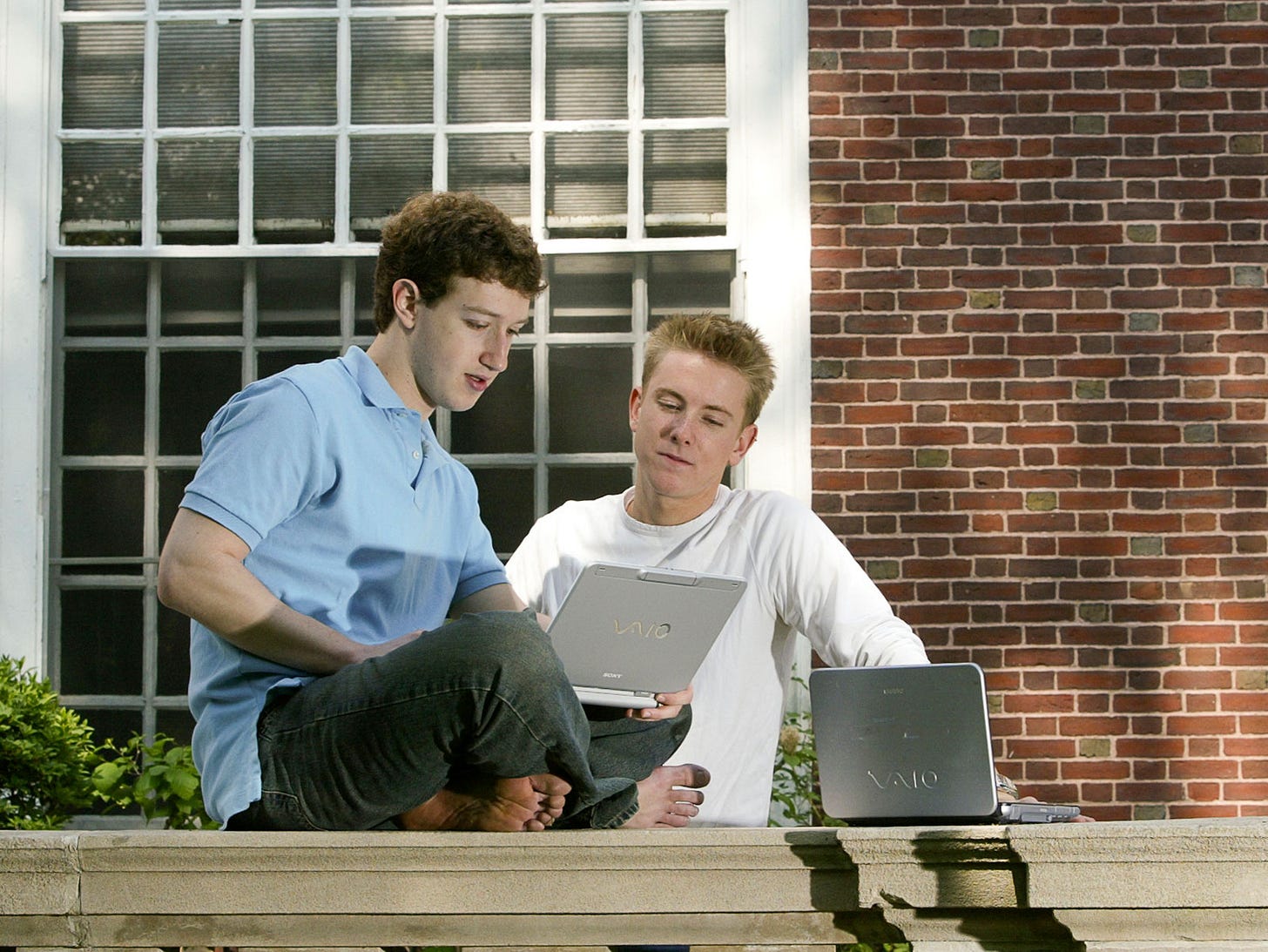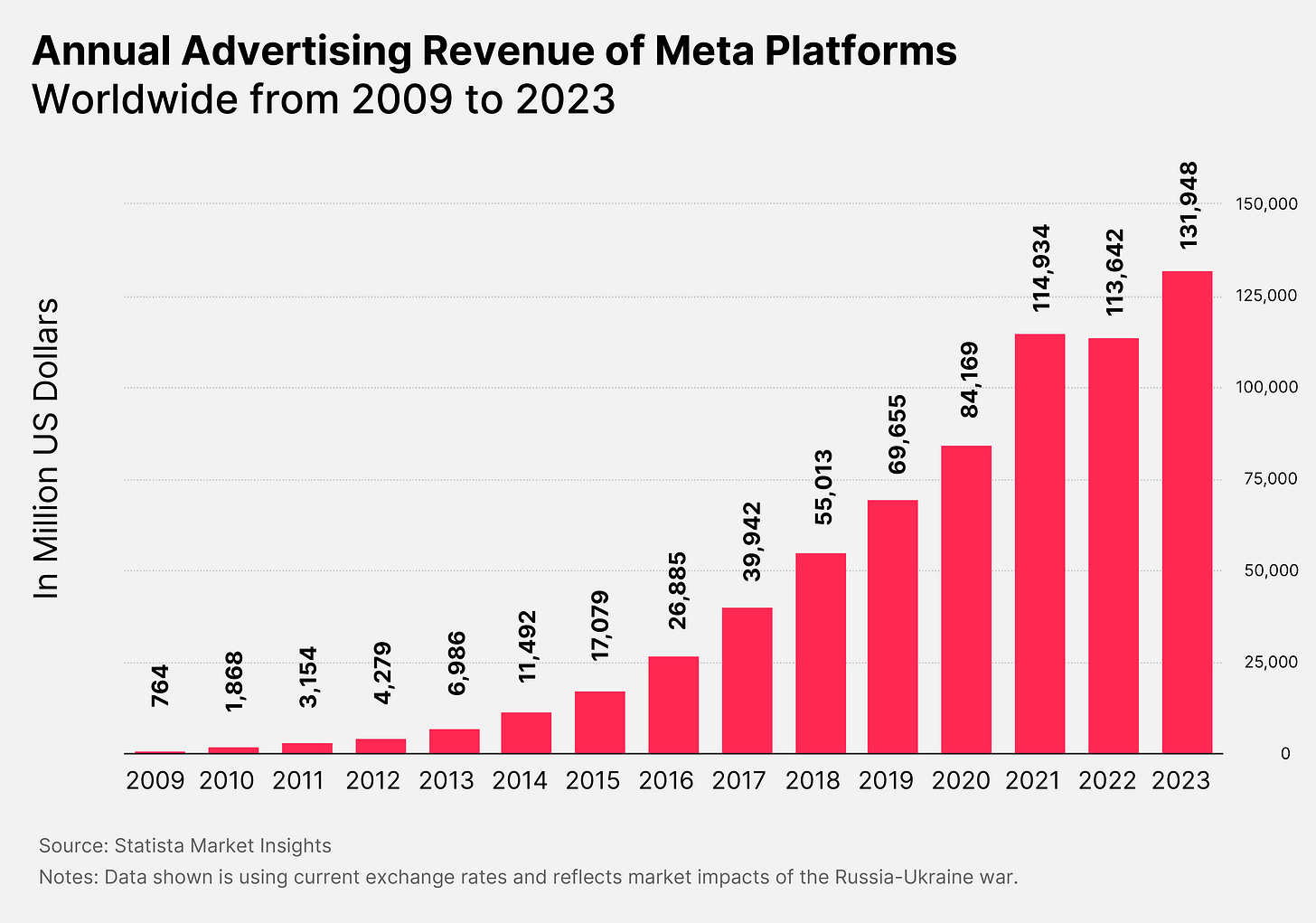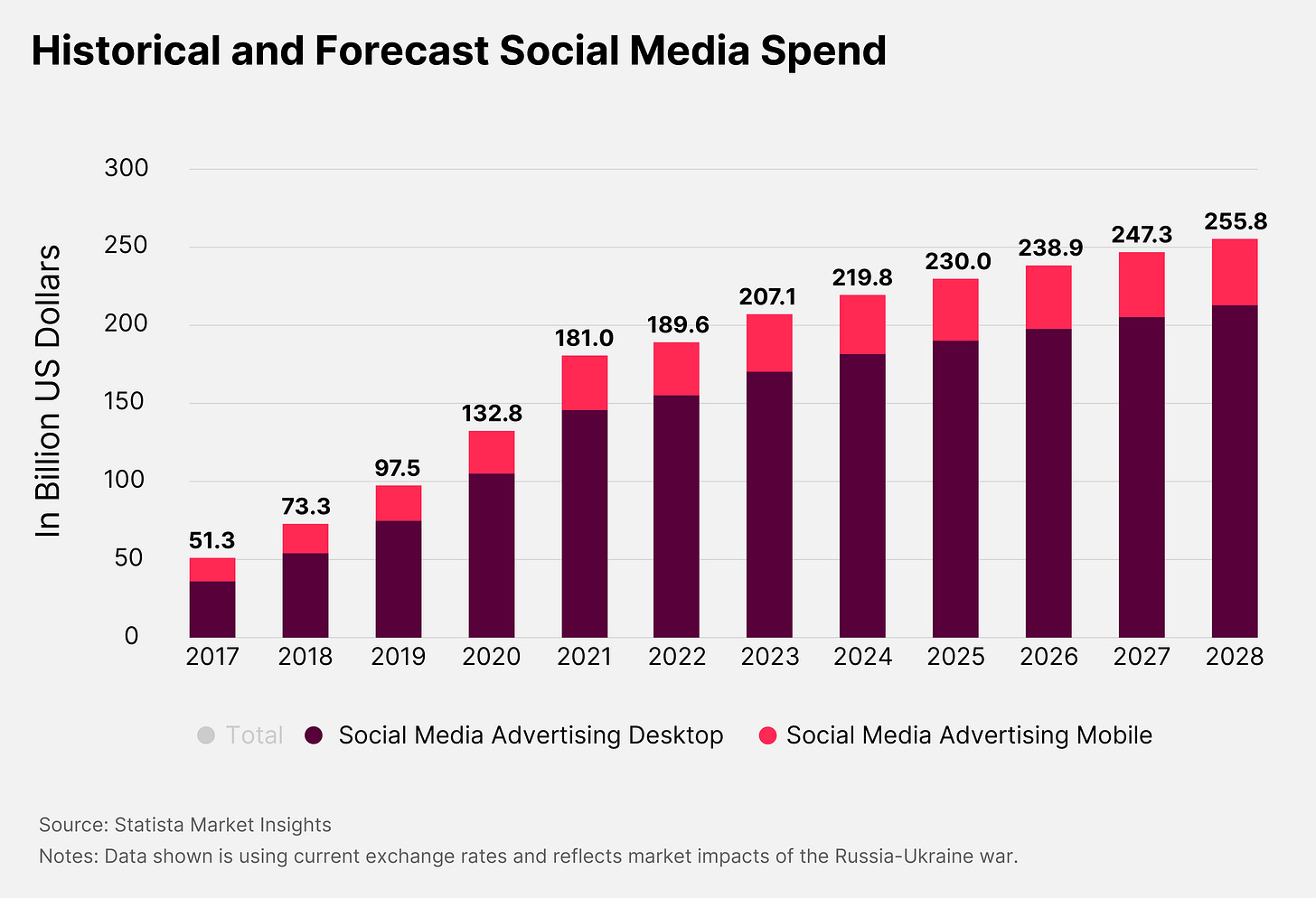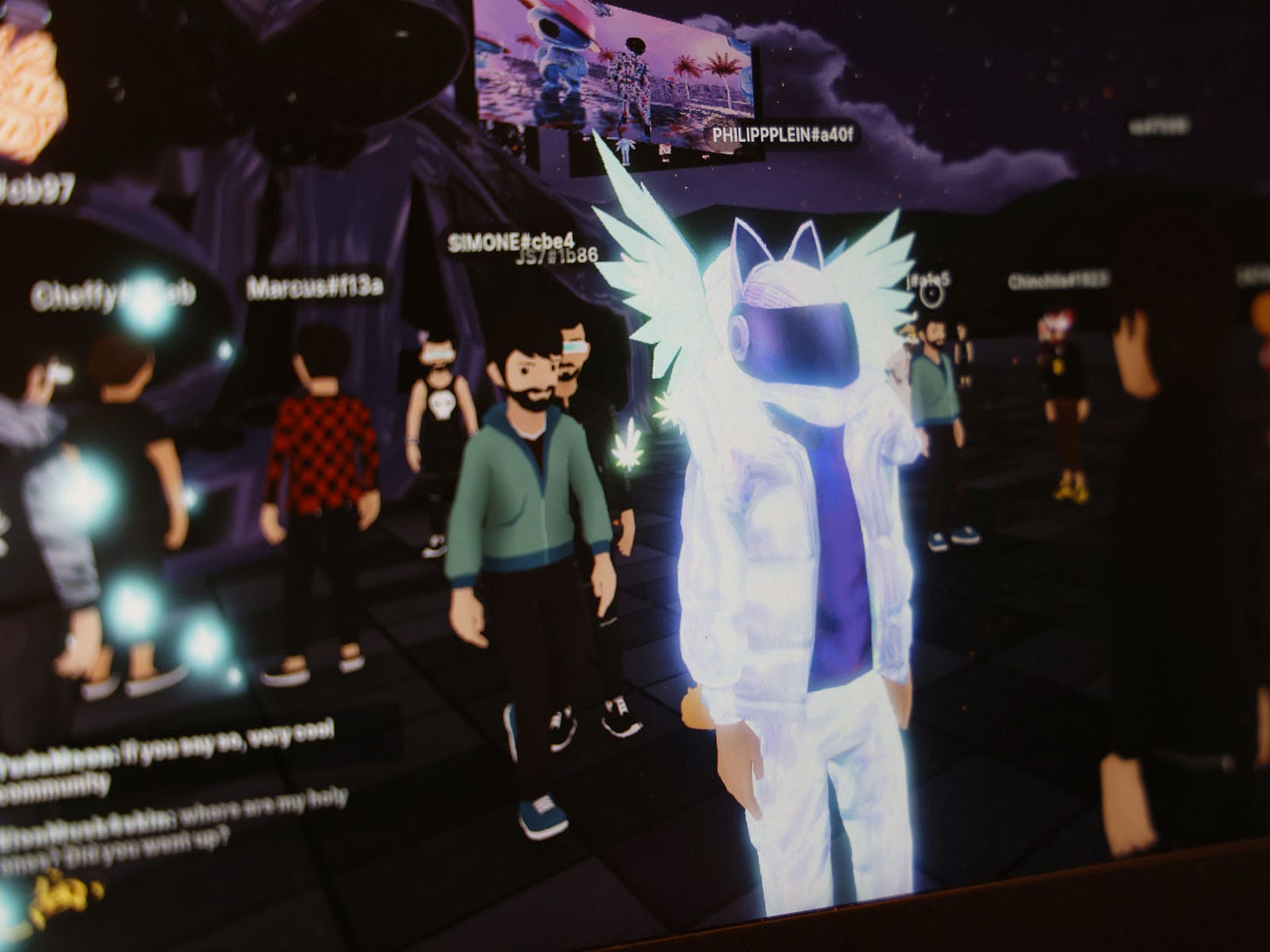The Metaverse According to Zuck
Mark Zuckerberg revolutionised the internet once with Facebook. Is he on track to do it again with the metaverse?
Superficially, Mark Zuckerberg epitomises the quintessential modern tech founder: a socially awkward genius who learned to programme computers by the age of 12 and had already developed a reputation as a coding prodigy before he enrolled at Harvard.
Beneath the nerdy exterior, however, there is a highly savvy business mind.
Some might even call him ruthless. The biopic of Zuckerberg and Facebook’s rise to prominence, The Social Network, detailed how brothers Cameron and Tyler Winklevoss and Divya Narendra sued him for stealing the initial idea for their site, HarvardConnection.com.
This ruthless streak was evident prior to Facebook’s inception. As a second-year student studying psychology and computer science at Harvard University, Zuckerberg hacked into university websites to gather photos of students to populate his site Facemash.com.
He escaped expulsion for the misdemeanour, though he eventually dropped out of Harvard to focus on Facebook. Despite the legal challenge Narendra and the Winklevoss twins mounted, Zuckerberg knew he had stumbled on something groundbreaking when he started thefacebook.com.
In 2005 — the year after he dropped out of college — Zuckerberg’s Facebook raised $12.7m in venture capital. In 2006, it opened to the general public, and Zuckerberg rejected a $1bn bid from Yahoo! to buy the company. Two years later, aged 23, he became the world’s youngest self-made billionaire.
The story of Facebook reflects Zuckerberg’s character: a precocious and explosive game-changer who has never been afraid to stretch the rules in pursuit of revolutionising the social lives of humans.
“I’m trying to make the world a more open place” — Mark Zuckerberg’s Facebook bio, 2010.
Inventing Social Media
“We are at the beginning of the next chapter for the internet, and it’s the next chapter for our company too,” wrote Mark Zuckerberg on 28 October 2021.
In his founder’s letter to the business that had, until that moment, been called Facebook and was subsequently known as Meta [META], Zuckerberg detailed the progression of the internet and mobile technology, from text- through to video-based content and from a desktop- to mobile-based ecosystem.
“This isn’t the end of the line,” he promised.
“The next platform will be even more immersive — an embodied internet where you’re in the experience, not just looking at it. We call this the metaverse, and it will touch every product we build.” — Mark Zuckerberg, 2021
Zuckerberg painted a bold, ambitious picture of the future of the internet. He’d earned the right to: Facebook had already completely changed it once.
It is easy to forget how transformative Facebook’s impact was. In 2015, the Guardian observed that Facebook had transformed social life, right down to the definition of ‘friend’.
Social media had become the key battleground for political campaigns and even revolutions.
“Facebook has essentially created an entire sector”, wrote Jessica Elgot for the Guardian, referring to the social media advertising industry, which is worth $207.1bn as of 2023, according to Statista.
Meta’s total ad revenue during 2023 amounted to $131.9bn — 63.7% of the industry total.
The Feeling That You’re Right There
According to Meta’s own statement on the day of its rebrand, Zuckerberg’s vision for the metaverse is as “the successor to the mobile internet”.
This iteration will, said Meta, “be characterised by social presence, the feeling that you’re right there with another person, no matter where in the world you happen to be”.
Meta’s vision for the metaverse portrayed a world where augmented reality (AR), virtual reality (VR) and everyday life came together in one place.
It invited citizens of the metaverse to explore open-world games like Grand Theft Auto: San Andreas or train their physical bodies in the digital world with Meta’s Quest 2 Active Pack and promised that the world of work would soon join in with Quest for Business.
“A lot of pieces need to be built before we get to the metaverse proper,” said the statement.
The direction of travel was clear, though: Zuckerberg’s Meta was bringing about a world where the online world that Facebook had pioneered was less and less distinct from the real one.
Keep reading with a 7-day free trial
Subscribe to Foresight to keep reading this post and get 7 days of free access to the full post archives.








